 When Dave Clark arrived at Jackson State as a freshman in the fall of 1980, he was a talented baseball player who nearly didn’t get a chance at a college career. He was so uncertain of his baseball future, he was ready to travel a different path altogether.
When Dave Clark arrived at Jackson State as a freshman in the fall of 1980, he was a talented baseball player who nearly didn’t get a chance at a college career. He was so uncertain of his baseball future, he was ready to travel a different path altogether.
But breaks went his way and life changed in Jackson, Mississippi.
Mr. Clark announced his presence on a national stage during his sophomore season in 1982, hitting .363 and earning Sporting News All-America honors for a Tigers club that was the first HBCU to qualify for the Division I regionals. He followed with a scorching junior-year performance in which he hit .378 with 13 home runs and earned SWAC MVP honors. After the spring season, Cleveland drafted him in the first round with the 11th overall pick. Mr. Clark broke into the major leagues in 1986 and enjoyed a 13-year playing career with six organizations.
He’s also been a coach on the major league level for 15 years, and served as Houston’s interim manager 2009.
“Right now, I’m a free agent major league baseball coach,” Mr. Clark said, following a season spent coaching first base for Detroit.
As he seeks his next opportunity in baseball, Mr. Clark keeps up with the latest news from Jackson State’s campus where Deion Sanders has everyone abuzz as the new head football coach.
“He’ll bring national attention that Jackson State used to have,” Mr. Clark said. “We could use as much attention as possible. I’m happy for him.”
 There was plenty of attention on Jackson State’s baseball program when Mr. Clark played in the early 1980s. Those were years under Coach Robert Braddy when the Tigers were loaded with future major league talent. Mr. Clark spent time in early December talking with Black College Nines writer Douglas Malan about his boyhood in Mississippi and his college days at Jackson State.
There was plenty of attention on Jackson State’s baseball program when Mr. Clark played in the early 1980s. Those were years under Coach Robert Braddy when the Tigers were loaded with future major league talent. Mr. Clark spent time in early December talking with Black College Nines writer Douglas Malan about his boyhood in Mississippi and his college days at Jackson State.
You were born in Tupelo, is that right?
Born in Tupelo, Mississippi. Home of Elvis Presley. Dave Clark and Elvis Presley! (laughing).
That needs to be on the welcome sign on the town line! What were you into as a kid?
It was nine boys and six girls. We were into farming. That’s what we did. I will tell you this, my dad (Nathaniel) and mom (Clara) were my heroes. With 15 kids that we had, 10 of us have college degrees. That was one thing they really pushed, our academics. We had animals, we had crops, we did it all. (laughing) And I wouldn’t trade it for anything. People ask me today and I say I enjoyed growing up on a farm. It taught me a lot of life lessons, especially when it came to patience and discipline. When you’re dealing with crops and animals, it takes a lot of that.
We always had time in the evenings and on weekends to do our sports, playing baseball, basketball or football. I played basketball, baseball and football.

 My brother Louis played seven years in the NFL and is now the senior personnel director with the L.A. Chargers. We got a chance to play one year of high school baseball together. Louis was just an outstanding four-sport athlete. I got drafted my junior year at Jackson State and he headed off to Mississippi State. He told me that if I stayed back one more year, he was coming to Jackson State to play both football and baseball. (laughing) That’s just the kind of guy he is. But I said, “Louis, I’m a first-round draft pick, man. I’m signing this contract!”
My brother Louis played seven years in the NFL and is now the senior personnel director with the L.A. Chargers. We got a chance to play one year of high school baseball together. Louis was just an outstanding four-sport athlete. I got drafted my junior year at Jackson State and he headed off to Mississippi State. He told me that if I stayed back one more year, he was coming to Jackson State to play both football and baseball. (laughing) That’s just the kind of guy he is. But I said, “Louis, I’m a first-round draft pick, man. I’m signing this contract!”
Did you really blossom as a high school baseball player?
Actually, I only played two years of high school baseball. Where I grew up outside Tupelo in a little community called Palmetto, we played semi-pro ball. It was modern day Negro Leagues, for the most part. It was a lot of fun. I was 12 or 13 years old playing against grown men.
I played those two years in high school and we had a pretty good team and had good competition, but I really thought it was a step down from what I had been used to playing. The semi-pro league wasn’t as organized, but the competition, the talent level…I’m playing against guys who are 25, 30, 35 years old. I was the youngest one on the team, but it was fun and I got a chance to develop my skills that way.
What led you to Jackson State?
It was tough back then. I was not offered a college scholarship out of high school. And you look at the numbers, I hit .733 my junior year and I think well over .600 my senior year. I remember my head coach calling Ron Polk down at Mississippi State. But Ron is probably getting phone calls like that all the time, about a kid having a good year in high school and how he should come up and see him. He didn’t come up and see me. I tease him about that now.
When my senior year was over, I was kinda lost. Prior to that, I had taken it upon myself to join the Marines. It just so happened that I was playing against a guy who had played his college ball at Jackson State. He got a hold of Coach Braddy, and Coach Braddy got a hold of my semi-pro team’s head coach, Charge Williams. I found out later Charge told Coach Braddy to come and see me, and if Coach Braddy didn’t like me, Charge would pay for his gas, pay for his hotel, everything. (laughing) He came up and saw me play this one Sunday evening. I had a good game. He worked me out after the game and signed me on the spot. I know I was the last guy he signed that year. This was probably late July or early August, and I was two weeks away from taking my physical for the military.
He signed me and I was on Jackson State’s campus probably two and a half or three weeks later.
And you were ready to give up on baseball and join the Marines?
Yeah. At the time, I didn’t really understand how it worked. I graduated from high school when I was 17 years old. I had to wait until I was 18 before I could go into the military, so I had a few weeks. But recruiters were telling me I could play baseball later, and, really, I find out later I was not going to be able to play baseball. By the time I was done with the Marines, I would be 24 or 25 years old. Who wants a 25-year-old player at that time? So, it worked out well for me.
Did you know about Jackson State already?
Oh yeah, I followed Jackson State. I knew about Coach Braddy. He had a pitching coach there that I watched play in the big leagues, Scipio Spinks. I didn’t get a chance to watch Jackson State play when I was in high school because I was always playing. But I knew about some of the guys who had played down there and a couple were from my area.
Was it a little bit of culture shock when you arrived on campus?
Yes, it was! I tell you, I hadn’t seen that many pretty girls in one place at one time. I thought I was in heaven! (laughing) I remember telling one of my older brothers about that and he goes, “Hey, you wanna play ball? You wanna stay eligible? You stay away from all that. You get your work done first.” (laughing)
When I got there as a 17-year-old freshman, there were some really good baseball players on that team. I remember Curtis Ford, who played with the Cardinals and Phillies, was our starting second baseman. He got drafted at the end of my freshman year. There were about four or five guys on that team my freshman year that ended up getting drafted. The competition was something else. We played Tennessee State when they had Terry Blocker. It was just a really good league.
Did you get a lot of playing time your freshman year?
Not really. And trust me, I’m all over Coach Braddy about that now. I was playing shortstop and competing against a junior. Coach was gonna give him the first shot. I didn’t play a whole lot. Then toward the end of my freshman year, he decided to give me some playing time and I really had a good second half there.
Are there certain games or moments that stick with you?
When I entered my sophomore year, I went in as the starting shortstop. We had just signed Julius McDougal out of Jackson Callaway. He had just gotten drafted by the Braves. He was a shortstop, so I’m like, “uh oh.” I’m sure one of the reasons he came to Jackson State was to play. (laughing) What in the world will this mean? It ended up working out. I started at shortstop the first week or so of the season and then moved to third base. That was the best move because Julius was a heck of a lot better defensive shortstop than I was.

Clark, Freeman and McDougal with the Peoria Pacers
So here I am playing every day and putting up some numbers. I remember this game at Mississippi State putting up a nice, long home run. After the game, a scout approached me and recommended that myself, Julius and Marvin Freeman play in the Central Illinois Collegiate League in Peoria, Illinois. We end up doing that, and I think that was the moment I realized I could compete against guys on different levels. I was 19 at that point.
We hear about a lot of different experiences guys had playing for HBCUs and traveling through the South. Do any road trips stand out?
I’ll tell you this right here. You can go play at Mississippi State and they always have their fans out in the outfield. We’re playing Mississippi State in my junior season, which is the spring of 1983. I’m coming in with the reputation of probably being a first-round draft pick, at least a high draft pick. And those fans out there, they wore me out! Nothing really racist. They just stayed on me. They were reading my stats. They were telling me about my brother coming there. Really and truly wearing me out, but in a fun way. And they got on some of the other guys. But as soon as the game was over, all the cooking they had been doing out there, they told us all to come over and they had food for us. So that stood out more than anything else that I had to deal with. They talked about us, and then they fed us. (laughing) You know, this is not so bad. I’ve been talked about all my life. At least this time I’m gonna get fed behind it. (laughing)
Was there a feeling of the importance of being at an HBCU when you were that age?
It too
k a coach like Coach Braddy to realize exactly what we were experiencing. At that time, he had been there for maybe 20 years or so. He was able to convey that to us. He was telling us to take advantage of the college life because we were only going to be there for a few years or so. Enjoy your friends, your teammates and the friends you have in the classroom. He gave us that sense of reality. He’s more than a coach; he’s a father figure to me. We still play golf together every year for three or four days.
Were there certain classes at JSU that stood out?
 I took 18 hours the first five semesters to get as close to graduating as I possibly could. My last year, spring of my junior year, I scaled it down and took the minimum, which was 12 hours. I needed an elective, and it was a driver’s education class. Coach Braddy taught it. (laughing) I’m thinking, “This is gonna be great!” He showed up probably once every two weeks. I mean, it’s baseball season. He was working us. The funny thing about it is, I didn’t even get a grade. He gave me an “I” for incomplete. I said, “Coach, you exempted me from my classes. I got an A on everything.” Years later, I’m trying to go back and get my degree and I have this “I” on my transcript. It took this man 15 years to remove that thing! He teased the heck out of me. I’ve got a 3-point-something and this “I” on my transcript is killing my GPA! He kept taking my alumni money, though. (laughing) We finally got it taken off, and I finally got my degree.
I took 18 hours the first five semesters to get as close to graduating as I possibly could. My last year, spring of my junior year, I scaled it down and took the minimum, which was 12 hours. I needed an elective, and it was a driver’s education class. Coach Braddy taught it. (laughing) I’m thinking, “This is gonna be great!” He showed up probably once every two weeks. I mean, it’s baseball season. He was working us. The funny thing about it is, I didn’t even get a grade. He gave me an “I” for incomplete. I said, “Coach, you exempted me from my classes. I got an A on everything.” Years later, I’m trying to go back and get my degree and I have this “I” on my transcript. It took this man 15 years to remove that thing! He teased the heck out of me. I’ve got a 3-point-something and this “I” on my transcript is killing my GPA! He kept taking my alumni money, though. (laughing) We finally got it taken off, and I finally got my degree.
When you run your baseball camps at Jackson State, I’m sure these young guys want to ask you questions about the journey. What do you tell players?
 I give them my story of what it took for me to get there. I got 13 years in as a player in the big leagues and about 15 in as a major league coach. If it’s baseball or whatever, just give it everything you’ve got. There aren’t any shortcuts. There’s no substitute for hard work and extra work. You don’t want to sell yourself short, and you don’t want any regrets at the end. Now is the time to do it. Let’s take advantage of the time we have right now and try to bring out the best in you.
I give them my story of what it took for me to get there. I got 13 years in as a player in the big leagues and about 15 in as a major league coach. If it’s baseball or whatever, just give it everything you’ve got. There aren’t any shortcuts. There’s no substitute for hard work and extra work. You don’t want to sell yourself short, and you don’t want any regrets at the end. Now is the time to do it. Let’s take advantage of the time we have right now and try to bring out the best in you.
What else about your time at Jackson State do you want to mention?
There are a lot of baseball people who don’t realize this. In 1990, we had six guys from Jackson State in the major leagues. It was myself, Oil Can Boyd, Curtis Ford, Marvin Freeman, Wes Chamberlain and Howard Farmer. I don’t think there are too many Division I schools that can say that at one particular time. That’s a tribute to Coach Braddy, his recruiting and his coaching ability. There weren’t a lot of guys up there from any HBCU. It was remarkable.
Douglas Malan is a journalist and visual artist living in Connecticut. His works include short stories, poetry and books. Among the books Malan has authored includes the children’s book, Let’s Go To The Ballpark!

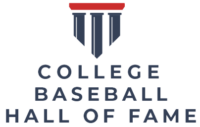
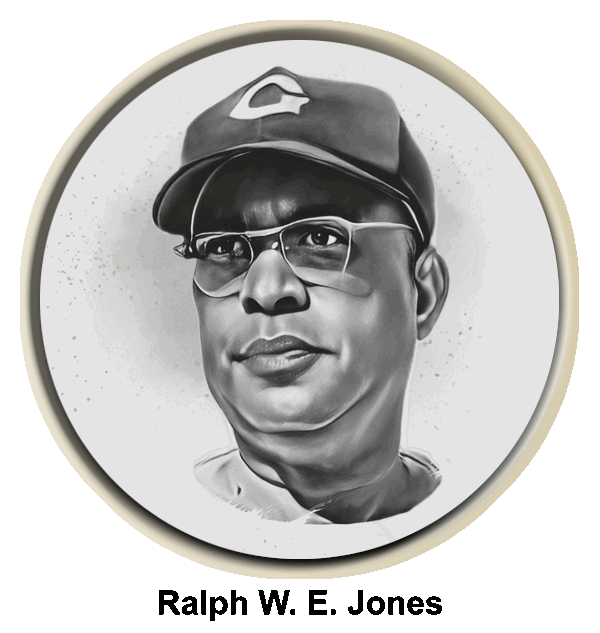






















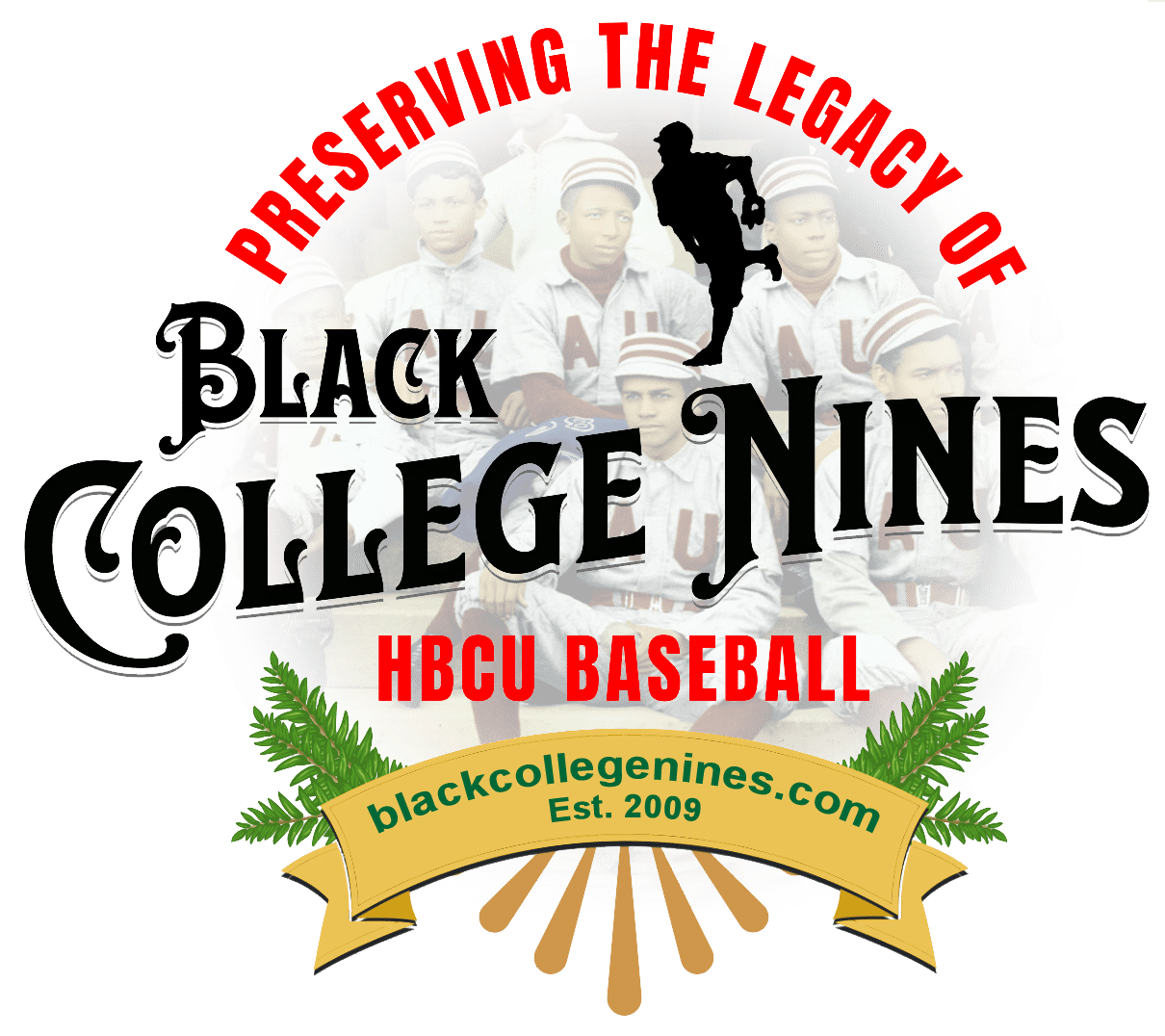







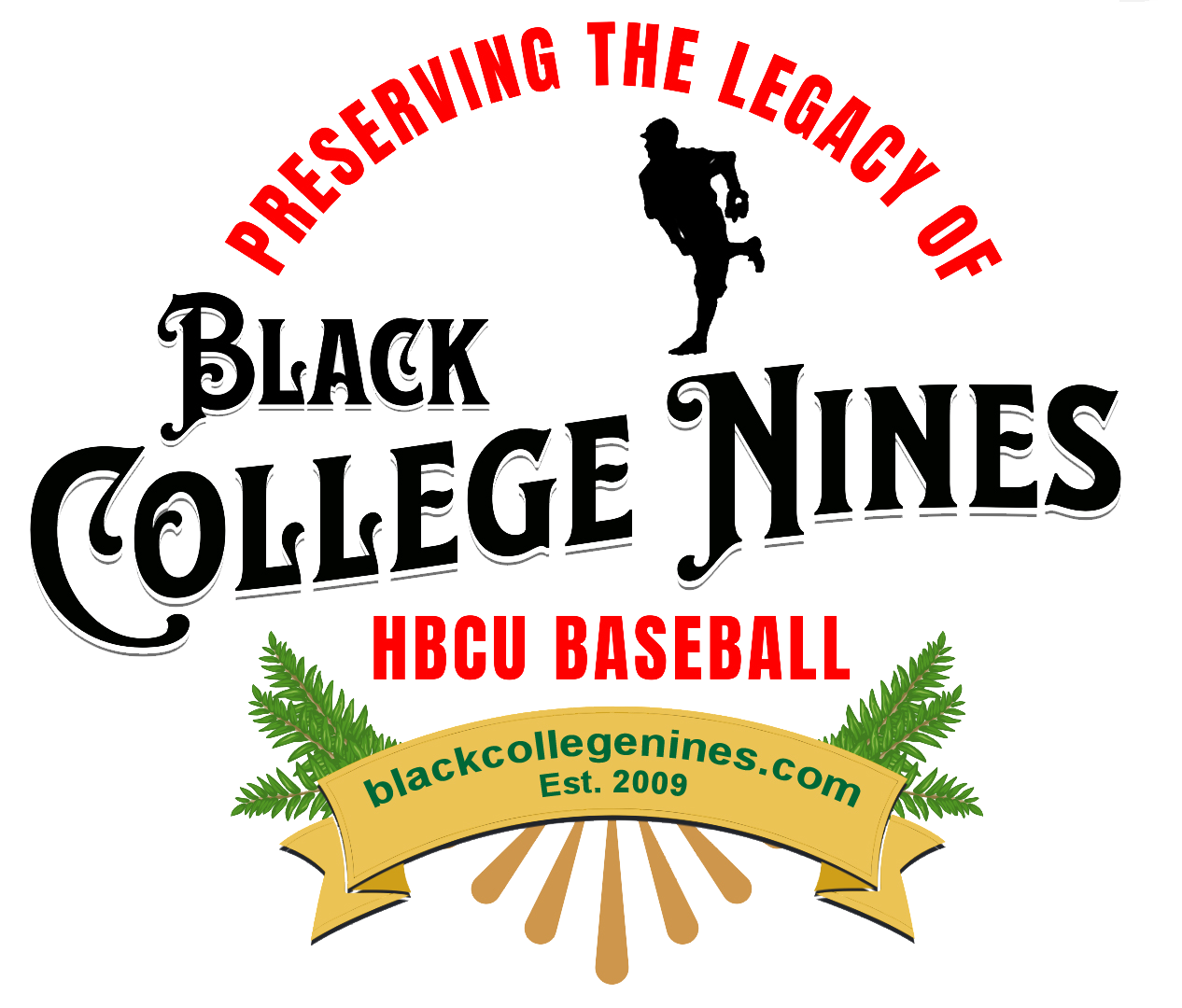
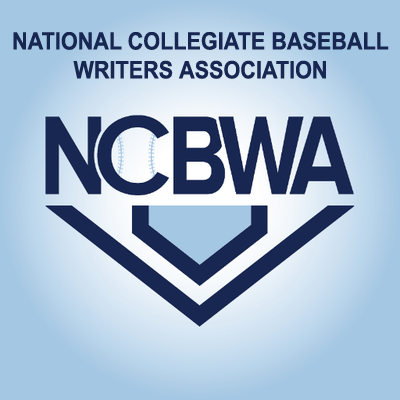
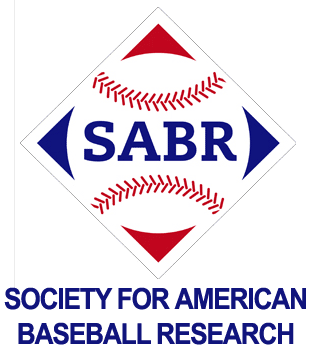
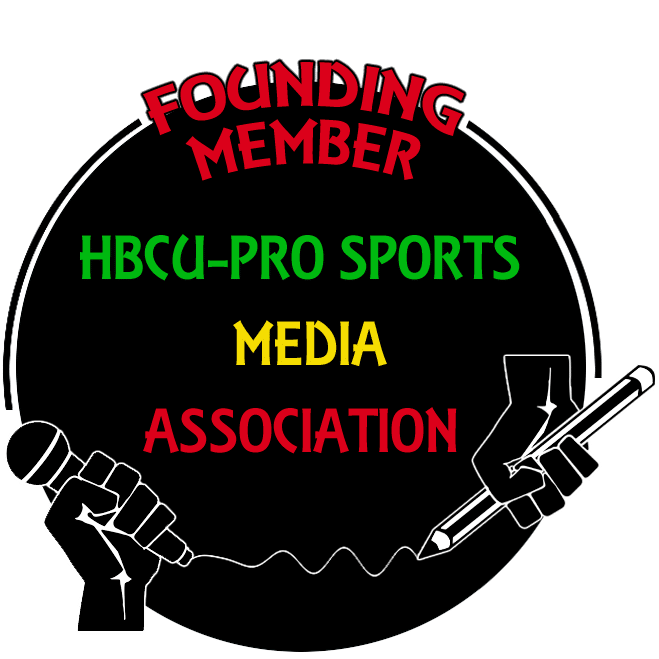

Just read the article on DC (Dave Clark) enjoyed reading it . 99 percent true, I want tell 1percent. He is a happily married man. Coaching him was one of many highlights in my career. He is someone you would want your son to be like. He was a model student athlete that would not allow himself to get to high although he was an All America baseball player. Very disciplined and I relied on him to help keep the other players in the right frame of mind. He always stay in touch and is not only like a son but a friend for life. I truly love the man.
Clarky! Great man and yes he should have gotten a shot to be skip.
Bravo! He should be a manager.